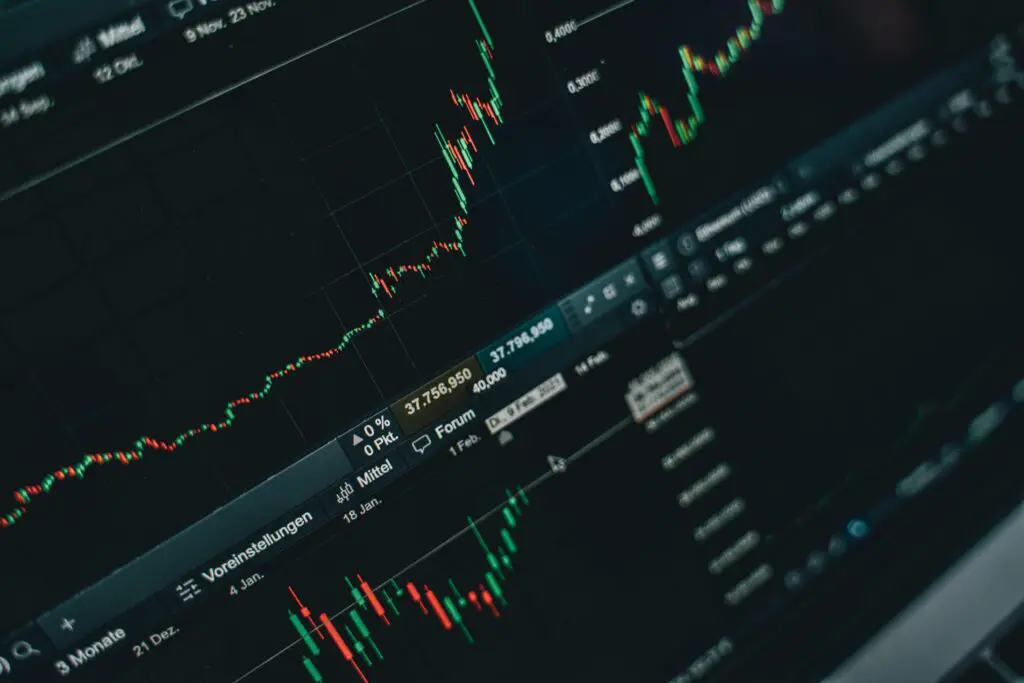You need to know more about charts and economic data to trade on the forex market and about yourself. As a forex trader, your trading psychology, which includes your feelings and thoughts, is critical to your success. Let us look at the most important parts of trade psychology and how they affect forex trading.
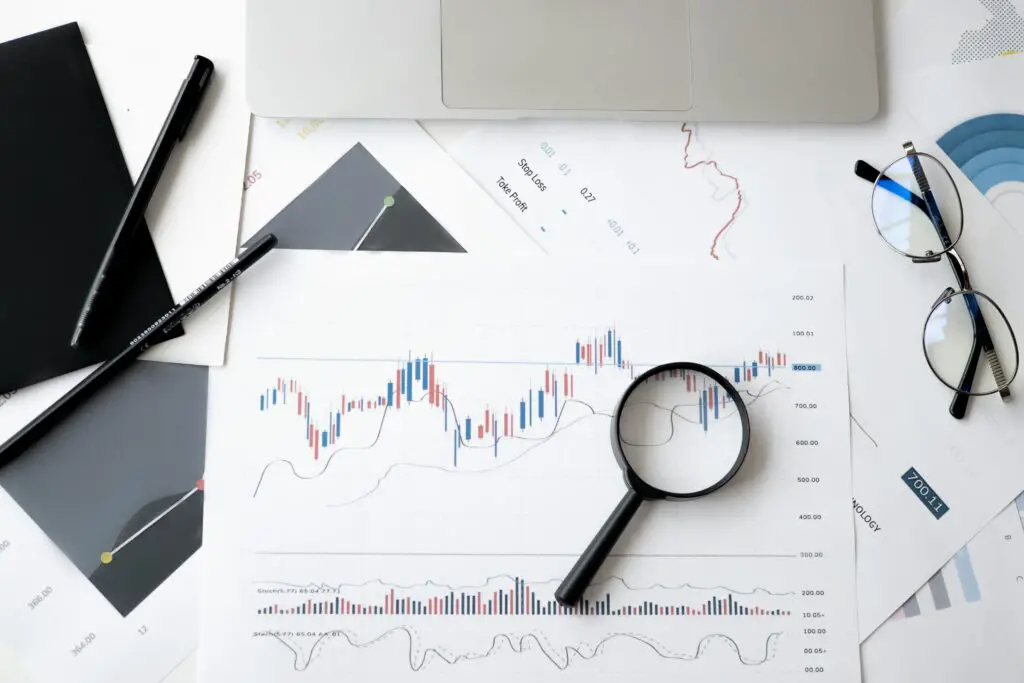
How to Start Trading Forex
Before learning about trade psychology, you must know how forex trading works. Foreign exchange, or forex, is where people buy and sell currencies. With more than $6 trillion worth of trades happening daily, it is the biggest financial market in the world. Traders buy and sell currency pairs like EUR/USD (Euro/US Dollar) to make money when the exchange rates change.
Prices can change quickly and without warning because of economic news, global events, and people’s attitudes about the market. To do well in this volatile market, traders need more than technical and fundamental research. They also need to have the right mental attitude.

Why trading psychology is important
When you trade your emotions and mental state, it can affect your choices. This is called trading psychology. Even the best trading plan can fail if traders cannot regulate their feelings. Some of the most important psychological factors that affect forex trade are;
Fear and greed are the two most substantial feelings that traders can have. Fear can keep you from making trades or cause you to get out of trades early, losing out on possible earnings. On the other hand, greed can cause people to trade too much or take too many risks to make more money.
Following a well-thought-out trading plan with focus is an essential part of success. Traders who fail to follow their plans are likelier to make hasty choices based on their feelings than facts and logic.
Patience: The forex market can be slow sometimes, and you must be patient and wait for the right time to trade. Traders with no time often start or exit trades too early, costing them money.
Confidence: You need to have faith in your trading plan. If you doubt yourself, you might question your choices and miss trades that could make you money. But being too sure of yourself can be just as bad, leading to risky dealings.
Dealing with Stress: Trading can be difficult, especially when the market is very volatile. Managing your stress well is essential for keeping your mind clear and focused.
Understanding Common Mental Health Problems
Now, let’s discuss some of the mental problems forex dealers often have and how to overcome them.

1. The fear of losing something
It is expected to be afraid of losing money, but when dealing with forex, that fear can stop you. Traders often wait too long to make trades or get out of positions where they are ahead because they are afraid the market will turn against them.
Accept that you will lose money when you trade. Traders rarely win. Set up stop-loss orders as part of your risk management plan to limit the amount of money you could lose. You can trade more confidently if you are willing to take calculated chances.
Trading too much
Overtrading can happen because of greed or the need to make money quickly. It means making too many deals or putting too much money into one trade, which usually leads to significant losses.
Solution:
- Stick to a trading plan that spells out clear rules for when to enter and exit a trade.
- Set trade limits daily or weekly to prevent people from trading too much.
- Remember that in trading, quality is more important than number.
3. Not following the rules
A common problem is traders who fail to commit to their trading plan or approach because of their feelings. Trading success not being consistent can be caused by a lack of discipline.
Make a strong trade plan and promise to stick to it as a solution. Keep a trading diary to track your trades and reflect on your progress often. This helps find themes and places where things could be better.
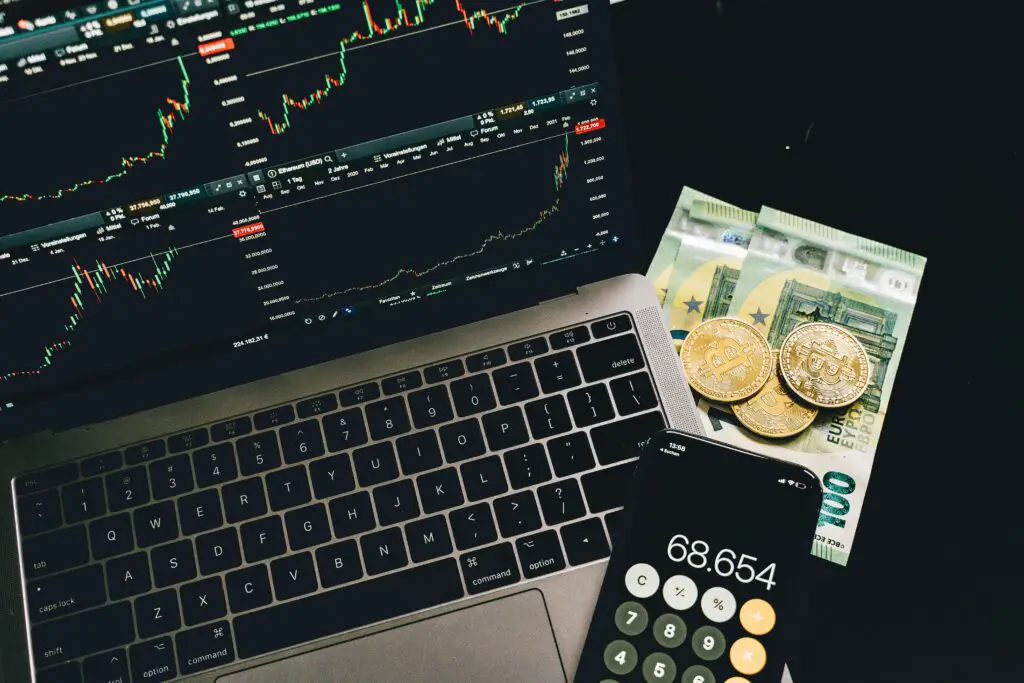
4. Not waiting
People who trade without enough time may start trades without doing enough research or exit trades too soon, missing out on possible profits.
Solution: Learn to be patient by waiting for chances to buy with a high chance of happening. You can make trades at your desired prices using tools like limit orders. Seeing things in the big picture can also help you resist the urge to act quickly.
5. Trading on Feelings
Often, bad things happen when people choose based on excitement, fear, or anger. When you trade based on emotions, you might chase losses or give up on a strategy too soon.
Solution: Learn ways to stay calm and concentrate. Meditating on deep breathing techniques and taking breaks often can help you deal with stress better. A set trade routine can also help you stay organized and make fewer emotional decisions.
Getting into a good trading mood
For long-term success, you need to have a good attitude about trading. If you want to have a positive attitude about forex dealing, try these tips:
Set goals that you can reach
Having lofty targets can make you angry and lead to bad trading choices. Instead, create goals that you can reach based on your trading skills and the market’s performance.
Solution: Set clear trade goals that can be measured and reached. Pay attention to the process, not just the money. For example, you could improve your trading plan or learn more about the market.

2. Learning all the time
The forex market constantly changes, so you must keep learning to stay ahead. Keeping up with market trends and getting better at dealing with them can help you feel better about yourself and do better.
Read books, attend webinars, and join online trading groups to find the answer. Stay current with events in the world economy that could affect the value of your cash.
3. Put together a support system
Trading can be done by yourself. However, having other traders or a mentor as a support system can provide sound advice and emotional help.
Answer: Join trade groups or forums where people can share their knowledge and help each other. A guide with more experience can advise you on how to deal with challenging market conditions.
4. Show yourself compassion. Trading will have ups and downs. If you are too hard on yourself after a losing deal, it can affect how you think and trade in the future.
Solution: Be kind to yourself by admitting incorrectness without being too hard on yourself.
5. Trade and live at the same time
If you worry too much about trade, you could get burned out and harm your mental health. It is essential to balance buying and other parts of your life.
Solution: Set exact trading times and retain them. Ensure you have hobbies and activities you can do when you’re not selling.
How to Handle Your Trading Psychology in Real Life
Here are some valuable tips to help you control your trade emotions:
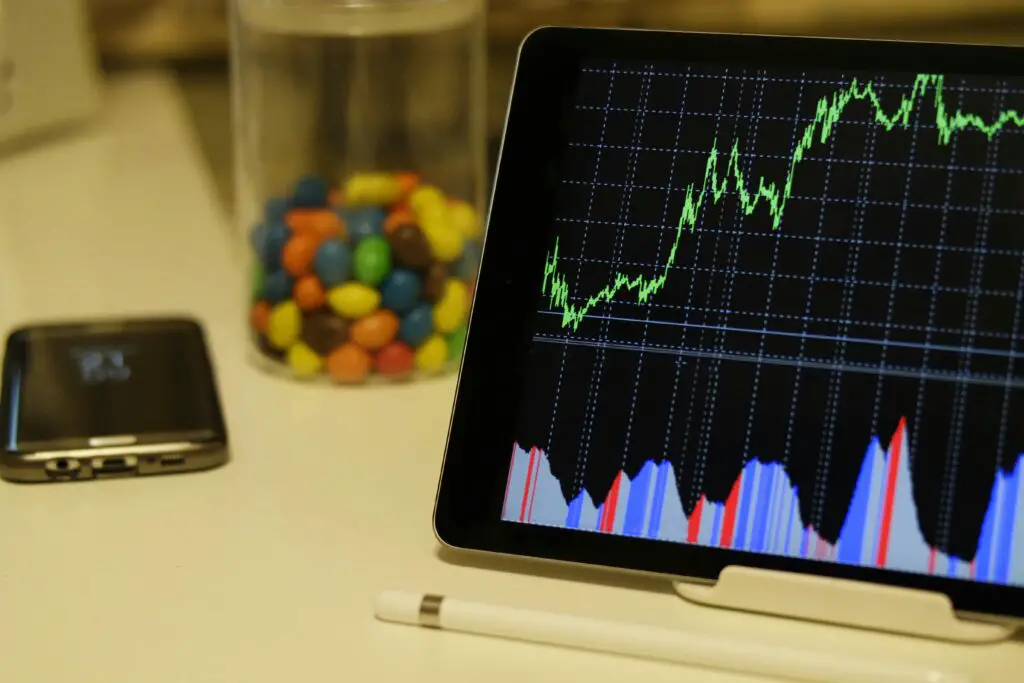
1. Make a plan for trading
A thorough trading plan is like a road map; it helps you make trading choices and stay on track. It should include your trading objectives, ways to handle risks, and clear rules for entering and exiting trades.
2. Use orders to stop losing money
The company automatically closes the trade when the price hits a certain level, preventing significant losses.
3. Set a maximum risk for each trade
It would be best to never risk more than a small amount of your trading cash in a single trade. This helps ensure that one trade does not significantly affect your business.
4. Look over your trades often
Keep a detailed trading journal where you write down every trade you make and why you join or leave a trade. Read your journal often to find patterns and places where you can improve.
5. Get information but not too much of it.
It is essential to keep up with market news, but it requires a great deal of knowledge. If you have too much knowledge, you might experience analysis paralysis and be unable to decide what to do.
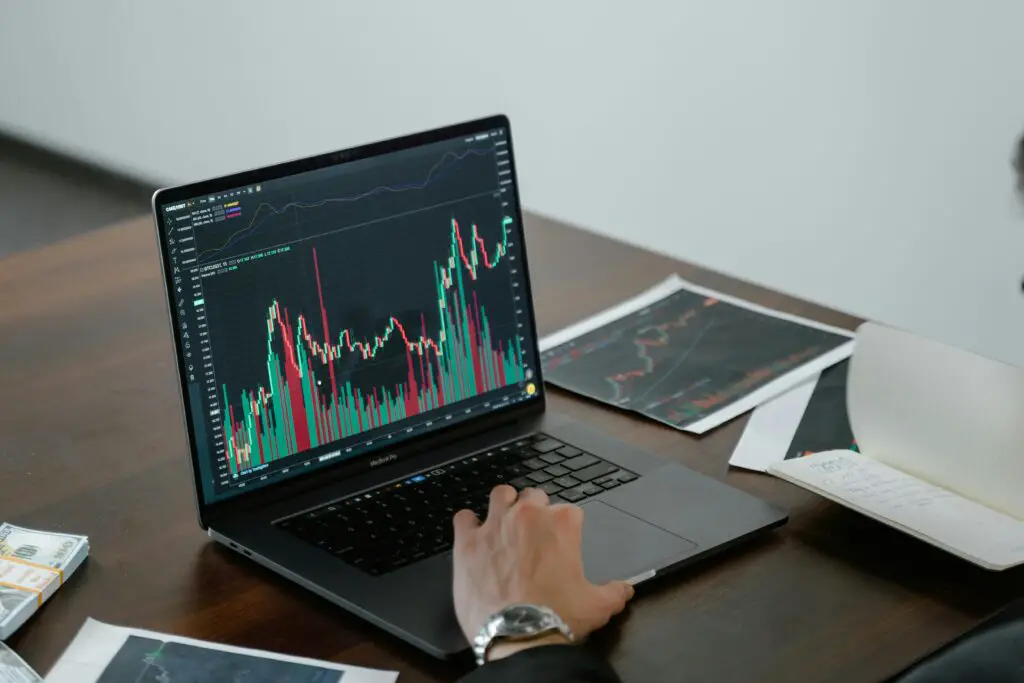
6. Learn to be mindful and deal with stress
Adding mindfulness activities like yoga or meditation to your daily life can help you deal with stress and stay focused.
7. Take breaks often
Trading can be very stressful and mentally draining. Breaking up your work every so often keeps you fresh and your mind clear. To get refreshed, get up from your trade desk and walk or do something else besides trading.
8. Think about the long term
Keeping an eye on the big picture can help you feel less rushed to make money quickly. Traders must know that the game is a race, not a sprint. Small gains made regularly over time can add up to significant income.
In conclusion
A trading mindset is essential to making money in forex. Learning to manage your feelings, sticking to a routine, and keeping a positive attitude can improve your trading. Remember that trading is as much about having robust mental health as planning and researching. If you deal with the psychological parts of trading, you can make better decisions and improve
